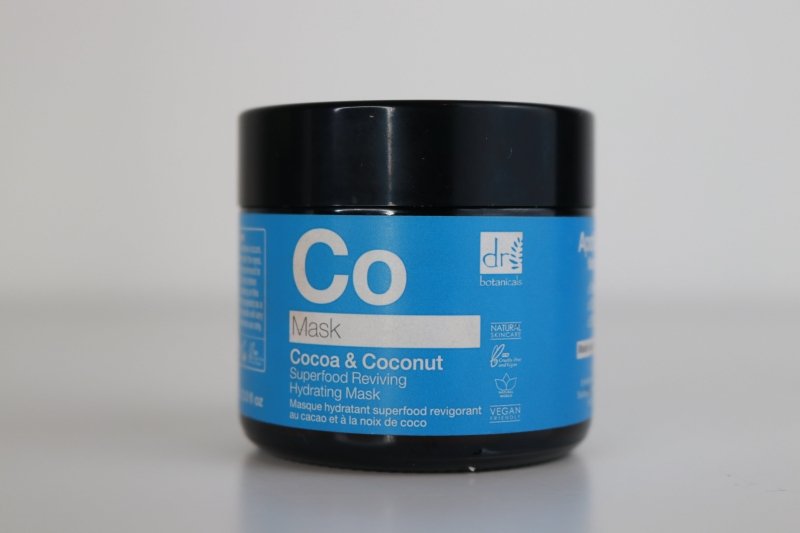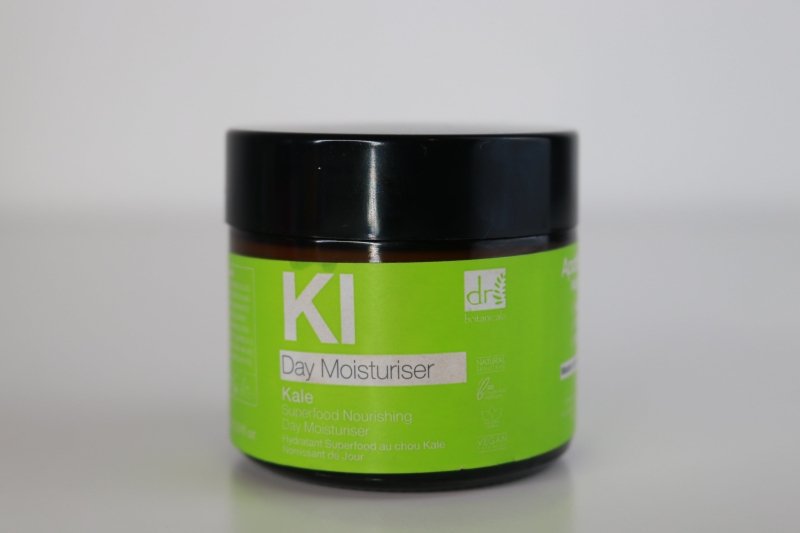
Benefits of Cocoa Butter and Coconut Oil For Your Skin


"Cocoa butter is an amazing moisturiser, as it's rife with fatty acids. It's also rich in antioxidants!"
- It's an antioxidant powerhouse: Cocoa butter is high in antioxidants, which help fight off free-radical damage to the skin. Free radicals can cause skin aging, dark patches, and dull skin. Protecting your skin from free-radical damage is crucial to keep it healthy and youthful-looking. Cocoa butter is also an anti-inflammatory—just another way it helps your skin withstand the passage of time.
- It reduces stretch marks and scars: Many women claim that the regular use of cocoa butter kept stretch marks at bay both during and after pregnancy. Now, those claims are obviously anecdotal, but you will find a ton of anti-stretch mark cocoa butter products to choose from.
- It's a rich moisturiser: Cocoa butter is high in fatty acids and hydrates the skin deeply, making it a wonderful addition to body moisturisers and lip balms. It contains oleic, palmitic, and stearic acids, all of which nourish the skin.
- It heals sensitive skin: Again, no guarantees, but cocoa butter has been noted to help skin irritations such as eczema and dermatitis.
Is Coconut Oil Good for Your Skin?

Coconut Oil Could Reduce Inflammation
Chronic inflammation is a major component of many different types of skin disorders, including psoriasis, contact dermatitis and eczema .
Interestingly, coconut oil has been shown to have anti-inflammatory properties.
In one study, researchers applied virgin coconut oil to the inflamed ears of rats. Not only was coconut oil found to have an anti-inflammatory effect, but it relieved pain as well.
What’s more, coconut oil may ease inflammation by improving antioxidant status.
Antioxidants work by stabilising free radicals in the body, neutralising the reactive atoms that can contribute to inflammation
Coconut Oil May Help Treat Acne
While some think coconut oil clogs pores, considerable research shows it might actually help treat acne. Coconut oil is comedogenic.
Acne is an inflammatory condition, and many of the medications used to treat it work by targeting and reducing inflammation Because coconut oil and its components may help reduce inflammation in the body, it may also aid in the treatment of acne.
Furthermore, the antibacterial properties of the medium-chain fatty acids in coconut oil could also help reduce acne.

Coconut Oil Can Moisturise Dry Skin
In addition to its effects on acne and inflammation, applying coconut oil to your skin can also help keep it hydrated.
One study in patients with mild to moderately dry skin compared the effects of coconut oil to mineral oil, a type of oil made from petroleum that’s often used to treat dry skin.
The two-week study found that coconut oil significantly improved skin hydration and was just as effective as mineral oil.
It has also been shown to help treat eczema, a skin condition characterised by scaly, itchy rashes.
A study comparing the effects of olive oil and coconut oil in 52 adults with eczema found that applying coconut oil helped reduce dryness, in addition to helping treat eczema .
Try our light weight, hydrating and moisturising Coconut hydrating mask.


